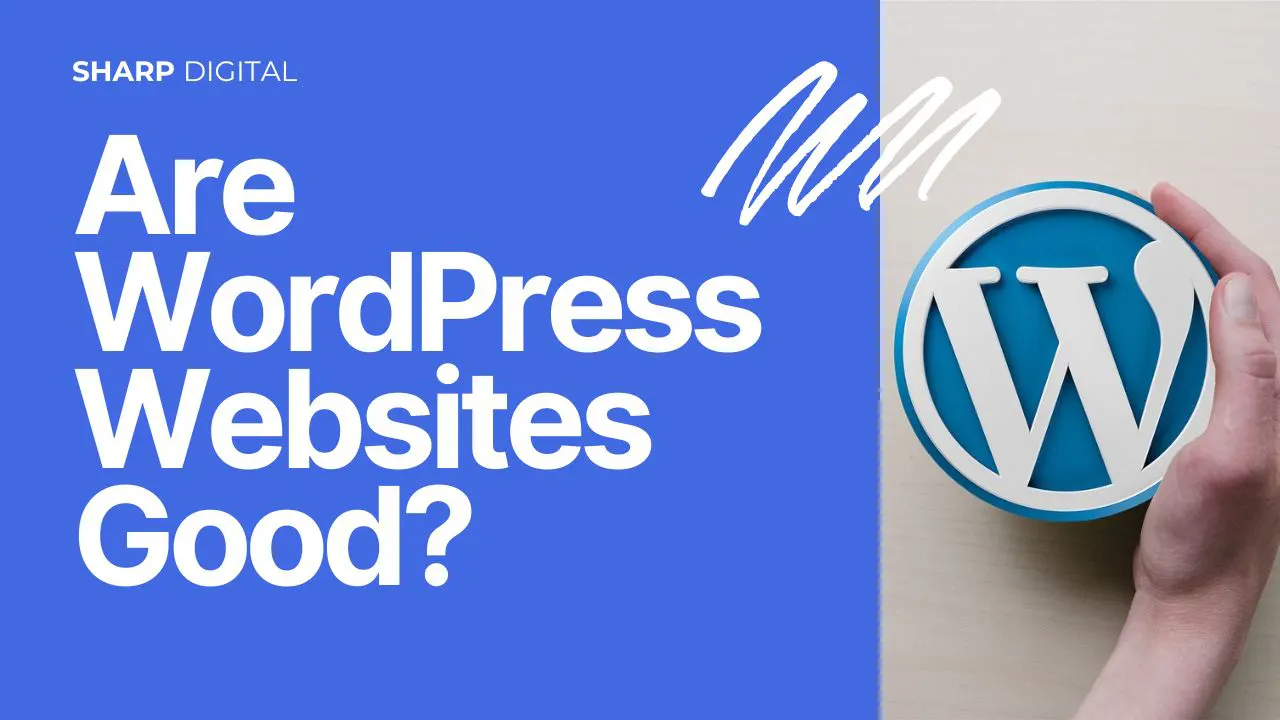Yes, the core WordPress software is completely free. WordPress is an open-source content management system (CMS) released under the GPL (General Public License). This means you can download, use, modify, and distribute WordPress without any licensing fees.
There are two main ways to use WordPress:
WordPress.com (Hosted Solution)
WordPress.com is a hosted platform where Automattic (the company behind WordPress) handles all the technical aspects. While the basic plan is free, premium features require payment.
WordPress.org (Self-Hosted Solution)
WordPress.org provides the core software that you download and install on your own web hosting. This gives you complete control but requires you to handle hosting, security, and maintenance yourself.
Key Difference:
WordPress.com: Limited customization, hosting included
WordPress.org: Full control, requires separate hosting purchase



